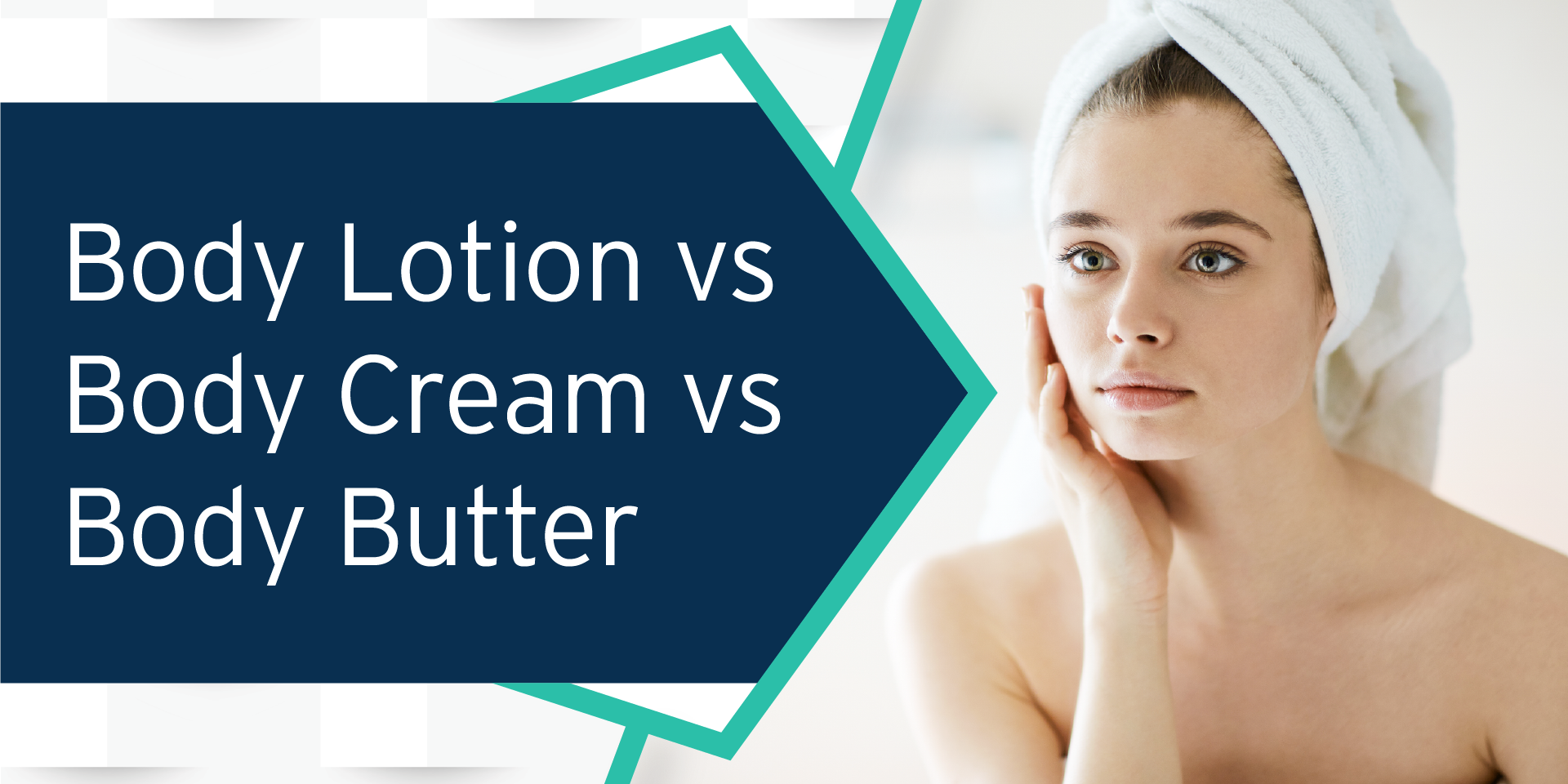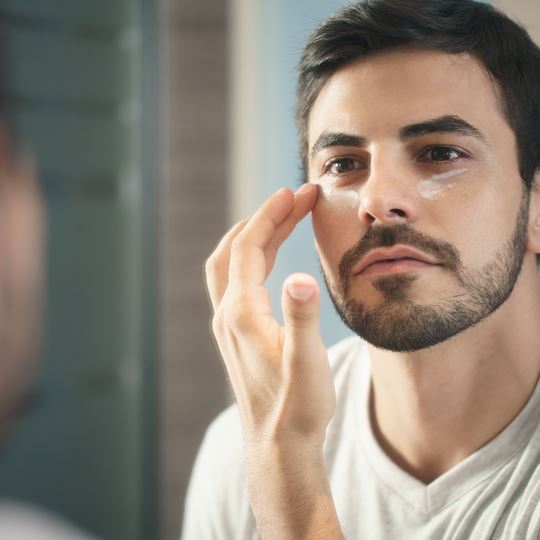Body Lotion vs Body Cream vs Body Butter: What's the Difference and Which One Should You Use?

When it comes to moisturizing your skin, there are several options available, including body lotions, body creams, and body butters. While these products may all appear to be the same, they actually have significant differences in their formulation and function. In this article, we'll explore these differences and help you determine which product is best for your skin type and needs.
Humectants, Emollients, and Occlusives
The first thing to understand is that a good moisturizing product should have a combination of humectants, emollients, and occlusives. Humectants are ingredients that draw water or moisture to the skin's surface, such as glycerin or sorbitol. Emollients are ingredients that add oil to the skin to help smooth and repair the skin barrier, while occlusives create a physical barrier on the skin's surface to lock in hydration.

Body Lotion
A body lotion is typically a liquid product, usually in a bottle or tube. Lotions tend to have a higher water content to make them less viscous and easier to spread over the whole body. They usually contain a higher level of humectants, making them a lightweight, fast-drying option compared to creams. Body lotions generally contain fewer emollients like butters and oils, as you don't want a heavy feeling lotion.
Body Cream
Body creams are typically much higher in viscosity than body lotions. They tend to be rich and creamy feeling or a whipped consistency and contain higher levels of emollients and occlusives. They might contain plant oils, or butters like shea butter and cocoa butter. Body creams are better for areas of the body with dry, rough skin which needs intensive moisture and deep hydration like the joints.
Body Butter
Body butters are similar to body creams in that their texture and appearance may be similar. Body butters can also have that rich creamy texture, but you may find that the sensory of the product in your hands resembles butter and may spread like a butter too. Body butters tend to be solid based like a balm, with low or no water content, and high levels of butters and oils. However, some body butters are marketed as just very thick creams instead. Body butters can have a greasy texture or leave an oily residue, so they might not be great when used daily on certain skin types.

Packaging
Packaging can also differ between these products. A body lotion is typically stored in a bottle or tube, whereas a body cream or body butter may be stored in a jar or tin. This is primarily due to ease of use and consumer application. Other factors, such as which body parts the product will be used on, the cost of the product, and pack recyclability, will also play a role in the product purchase.
Personal Preference
Ultimately, the decision to use either a body lotion, body cream, or body butter is down to personal preference, seasonal changes, and skin type. A body butter may be too heavy or greasy for a person with oily skin, while a body lotion might not be moisturizing enough for someone with dry, rough skin. Additionally, you don't have to use just one of them - you can mix and match to suit your needs!
In summary, while body lotions, body creams, and body butters may all appear to be the same, they have significant differences in their formulation, texture, and function. Understanding these differences and choosing the right product for your skin can mean the difference between dry and healthy-looking skin.
When choosing a moisturizer for your body, it's important to consider your skin type, personal preference, and the level of hydration your skin needs. It's also worth noting that the season and climate can affect how your skin reacts to different moisturizers. For example, during the colder months, you may need a richer and more emollient product, while during the summer, a lighter lotion may suffice.
In terms of skincare routine, using a body lotion, cream or butter is just one step towards achieving healthy, hydrated skin. Other factors like staying hydrated, maintaining a balanced diet, and protecting your skin from the sun can also contribute to keeping your skin looking and feeling its best.
To sum up, the difference between a body lotion, body cream, and body butter lies in their texture, formula, and level of hydration. While all three products provide moisture to the skin, their unique properties make them more suitable for different skin types and needs. Experimenting with different moisturizers and finding what works best for you can help you achieve smooth, soft, and healthy-looking skin all year round.
